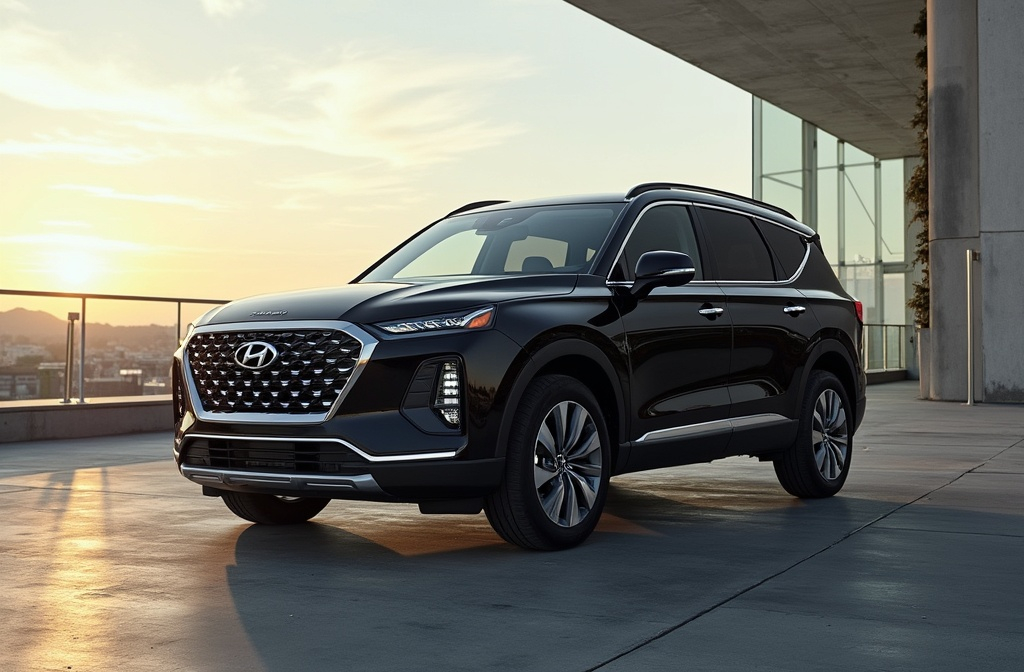Navigating the array of financing options for buying a car can feel overwhelming, but understanding your choices can lead to substantial savings and a more satisfying purchase. Whether you're thinking of buying a new vehicle outright, opting for a loan, or considering a lease, each option has its advantages and potential drawbacks. With the right information, you can make an informed decision that suits your financial situation and driving needs perfectly.

Understanding Car Loans
Car loans are a popular choice for many buyers who want to own their vehicles immediately but don't have the cash to pay upfront. When you take out a car loan, a lender provides you with the funds to purchase a vehicle, and you agree to pay back the loan amount plus interest over a set period.
With car loans, the interest rates can vary based on your credit score, the lender, and the length of the loan term. Generally, longer loan terms result in lower monthly payments but higher total interest paid over time. It's important to use resources like Plenti, Money, and Canstar to compare different lenders and interest rates.
The Benefits of Leasing a Car
Leasing a car can be an attractive option if you prefer driving new vehicles every few years without the intention of eventually owning one. When you lease a car, you agree to use the car for a specified number of years while paying monthly payments based on the car's depreciation during that period.
The benefits of leasing include shorter commitment periods, lower monthly payments, and the opportunity to drive a new car more frequently. However, leasing comes with mileage limits and potential extra fees if you return the car with excessive wear or mileage over the agreed limit. More details on leasing terms can be found at MoneySmart.
Financing Through Dealerships
Many car buyers opt to finance their purchase through the dealership. Dealership financing can be convenient because it allows you to handle everything in one place: shopping for a car, getting financing, and driving away with your purchase. However, it’s crucial to compare the terms and interest rates offered by the dealership with other financing options to ensure you're getting the best deal.
Dealerships sometimes work with a network of lenders to find offers for buyers. The convenience of this arrangement, though, can sometimes come at a higher cost due to marked-up interest rates. Always consider comparing dealership-financed offers with those from banks or credit unions to ensure favorable terms.
Bank and Credit Union Car Loans
Banks and credit unions are traditional sources of financing for car buyers. While interest rates at banks might not be as competitive as those offered by some online lenders, they do offer stability and trustworthiness.
Credit unions tend to offer better interest rates compared to larger banks because they are not-for-profit entities focused on serving their members. Thus, if you are a member of a credit union, it's worth checking their loan offerings since they might provide lower rates and fees, potentially saving you money in the long term.
Online Lenders: A Modern Solution
The rise of technology has ushered in a new era of online lenders, providing competitive rates and conveniences that traditional lenders might not offer. Online lenders often have lower overhead costs, which means they can pass those savings onto consumers in the form of lower interest rates.
Moreover, using an online lender streamlines the application process. Borrowers can fill out applications, receive approval, and finalize their loans without leaving their homes. Platforms like Money provide resources for comparing these various online offers, ensuring you find the most competitive rate available.
Personal Loans as a Car Financing Option
Another unconventional route is using a personal loan to finance a car purchase. If you choose this option, the loan is not secured by the vehicle, meaning you could technically use the funds for anything, but you opt to use it to buy a car.
The drawback to personal loans compared to car loans is typically a higher interest rate because there's no collateral for the lender to claim if you default. Be sure to evaluate the terms carefully and compare offers using resources like MoneySmart before deciding if this is the right financial move for you.
Manufacturer Financing and Deals
Occasionally, car manufacturers, such as Toyota, offer financing directly to consumers. These deals can include promotions like zero-percent financing for a certain period or cash-back incentives, which can be an excellent deal for buyers with good credit.
These manufacturer deals are particularly attractive when combined with special incentives for buying certain models that might not be selling as quickly. It's important to read the fine print, though, as these deals often come with strict requirements and conditions.
Final Considerations
When choosing among these various options, consider your long-term financial priorities and preferences. Do you aim to keep the car long-term, or do you prefer driving the latest models every few years? Are lower monthly payments more important than owning the asset at the end of the term? Each financing option has trade-offs that can impact your financial industry and lifestyle choices.
Utilizing resources from websites like Plenti, Canstar, and Money can provide further insights into the lending market, helping you select the most cost-effective and suitable plan for your needs.
In conclusion, understanding the varied car financing options available helps you make informed decisions that align with your personal and financial goals. Whether through a bank, credit union, online lender, or car dealership, exploring all possible avenues is key to finding the best deal that will enable you to hit the road with confidence.




